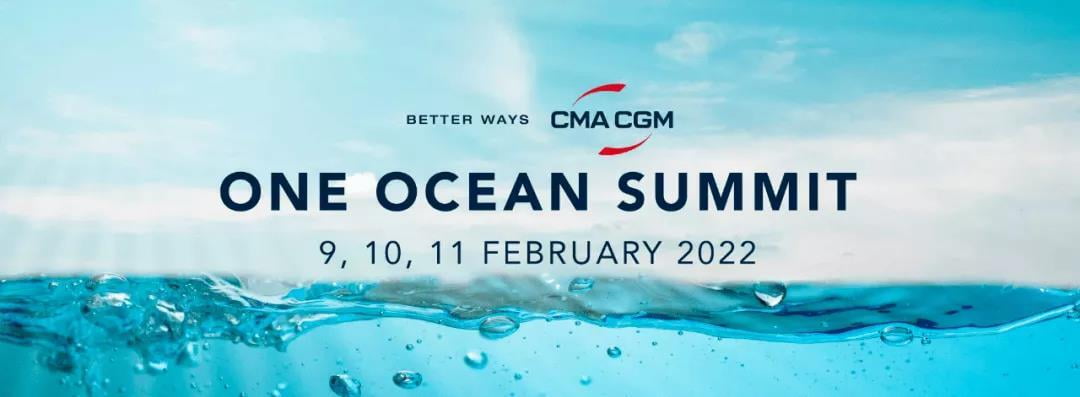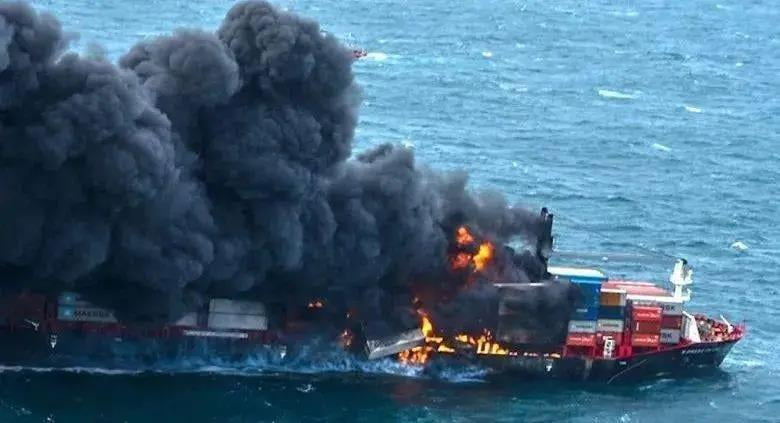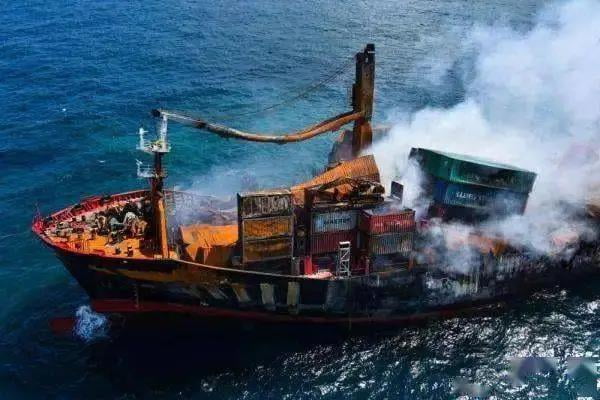At the global One Ocean Summit in Brest, France, the CMA CGM Group issued a statement that it will stop shipping plastic waste by boat as part of a broader effort to protect the health of the world's oceans. At the summit, global leaders agreed on a series of projects and initiatives aimed at reversing the decline in the health of the world's oceans.

Soren Skou (maersk), Rolf Habben Jansen (Hapag Lloyd), Rodolphe Saadé (CGM), Soren Toft (MSC) speaking together
In a speech at the summit, Rodolphe Saadé, Chairman and CEO of CMA CGM Group, announced that in a landmark decision to protect the oceans and biodiversity, Duffy ships will no longer transport any plastic waste by boat, effective June 1, 2022.

As one of the world's largest container carriers, the France-based shipping company currently ships the equivalent of approximately 50,000 standard containers of plastic waste per year. cma CGM believes that its measures will help prevent such waste from being exported to destinations where sorting, recycling or recovery cannot be ensured. Duffy Group has therefore decided to take practical steps where it has the operational capacity to do so, and to respond positively to the calls of NGOs for action on marine plastics.
Plastics are now the focus of international pollution, and some countries have moved to ban the import of such waste.
The X-Press Pearl burned and sank after catching fire in the port of Colombo last May with 1,486 containers on board, more than 80 of which contained dangerous goods. Recently, based on the findings of that accident report, the Environmental Protection Association issued a list of recommendations, including the classification of plastic pellets as dangerous goods.

Regarding the human and environmental impacts of the toxic chemicals released in the largest-ever spill of plastic pellets, the public study says the risks associated with shipping chemicals and plastics in containers need to be addressed.

"The X-Press Pearl disaster revealed the complexities of transporting chemicals. All aspects should be carefully examined to ensure that such accidents do not happen again. The report shows that these accidents have a huge impact on the environment and the economy."
Therese Karlsson, IPEN's Scientific and Technical Advisor, added: "As container ships become larger and transport increasingly complex chemical mixtures, this event, considered a 'new age oil spill', must be taken seriously. Therefore, in order to protect coastal communities, prevention, mitigation and regulatory measures must be adapted to address the risks associated with today's shipping patterns."
The International Environment Programme and the European Commission for the Protection of the Environment consider that current legislation and practices are insufficient to mitigate the risks posed by poorly packaged chemicals and the quantities of various chemicals transported by container ships.
International Maritime Organization (International Maritime Organization) is currently discussing how to solve the problem of pollution from plastic particles falling into the water at sea, as well as how to better track lost containers at sea. It is understood that approximately 1,000 containers currently fall overboard each year. Sri Lanka has submitted a proposal to classify plastic pellets as a hazardous substance, and Vanuatu has submitted a proposal to report lost containers at sea.

